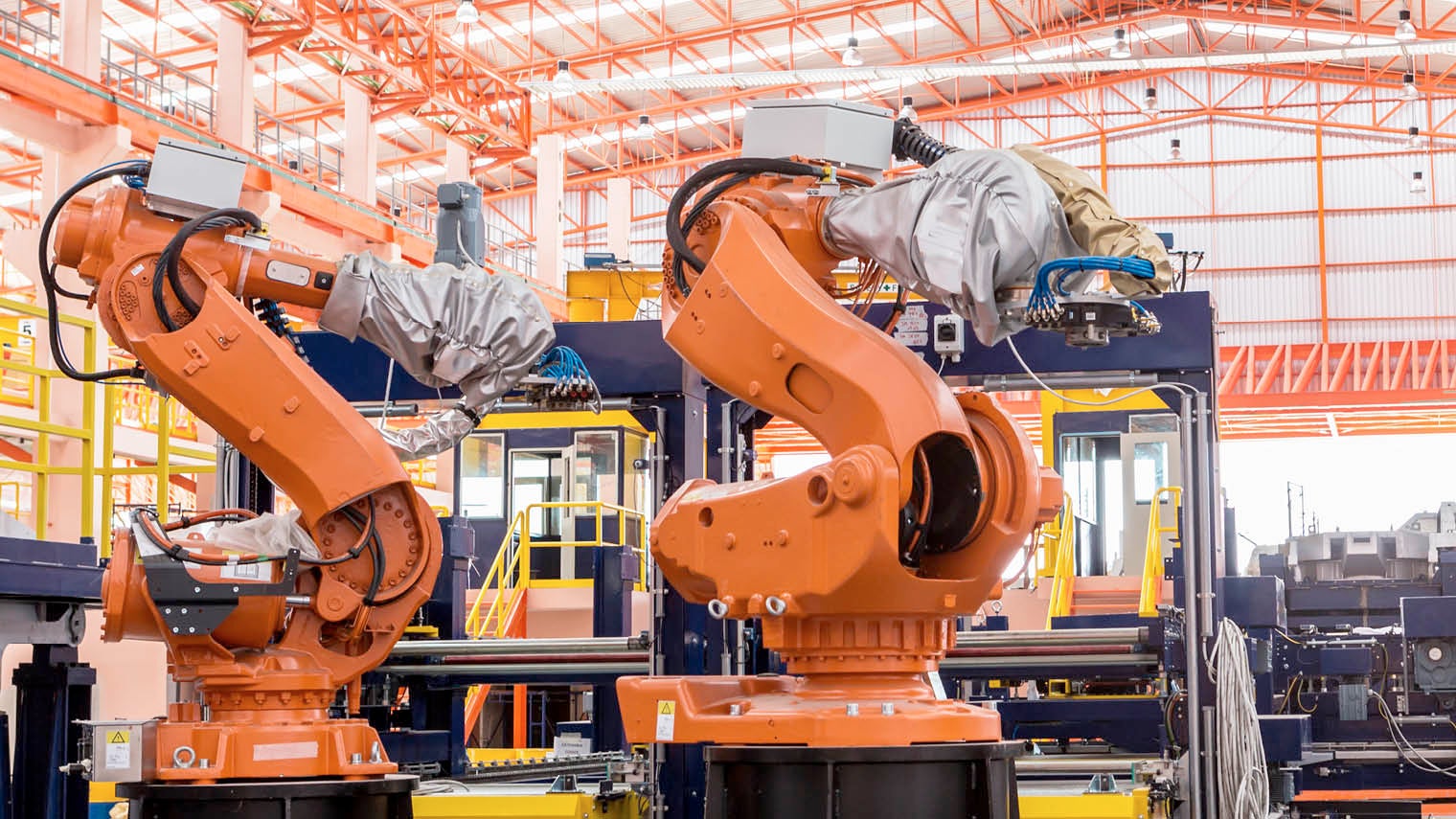
THOMAS HONORÉ Chief executive of Columbus. He has more than 20 years leadership experience at tech firms including IBM and Oracle. He regularly writes and gives speeches on digitalisation.
I often wonder if manufacturing organisations feel like they are trapped in a Tardis, racing at the speed of light into uncharted territory.
I can imagine it must feel that way. No sooner have they embraced the internet of things (IoT) than the next big thing comes along. After getting ready for Industry 4.0 suddenly it is last year’s news and they are being told to prepare for Industry X.0.
The trends are important, no doubt, because each market trend creates opportunities for disruption, and disruption is a business changer. This disruption is not something that happens in Silicon Valley or Shanghai; it is happening right now just outside your door. Car-sharing schemes have disrupted car rental businesses, free newspapers have challenged print publishing, and online-only estate agents are taking market share from high street players. Almost every business is under siege from innovative rivals with better
digital skills.
Do you know where your product adds value—and where it falls short?
Some studies estimate that up to half of all jobs will be threatened by automation over the next ten years, from pilot to auditor, accountant to estate agent. Accenture reports that 95 per cent of chief executives expect major strategic challenges regarding disruption and the fourth indutrial revolution – and yet only 20 per cent of their organisations
are prepared for this.
But in the rush to disrupt we risk overlooking the fundamentals. It all starts with the customer. Do you really know what your customers want? Do you know where your product adds value – and where it falls short?

We see too many companies still struggling to understand how their products are used. Making clever use of IoT presents a huge opportunity for manufacturers to get closer to the customer, but it only works if you have the organisation, processes and systems to make sense of that extra data.
With products becoming more digital, there is a greater need for skills and technology. For most manufacturers, though, it is not an option to develop all of these in-house. Careful selection of (technology) partners is crucial because they will have a big impact on the ability to grow.
[xyz-ihs snippet=“1-MANU-2020-BENEFITS-DO-COMPANIES-EXPERIENCE-FROM-INDUSTRY-40-PROJECTS-18”]
So how do manufacturers of all shapes and sizes travel through the minefield created by external market forces, an increasingly demanding and connected customer, competitive pressure and digitalisation expectations? The key is to start with the fundamentals: people, process excellence, digital leadership and customer success. These values will future-proof any organisation along with the peer benchmarking, industry expertise and insight compiled in this report.
Hopefully if you do feel like you are travelling in the Tardis then this report will help you navigate the way and make the adventure more pleasant for you.


